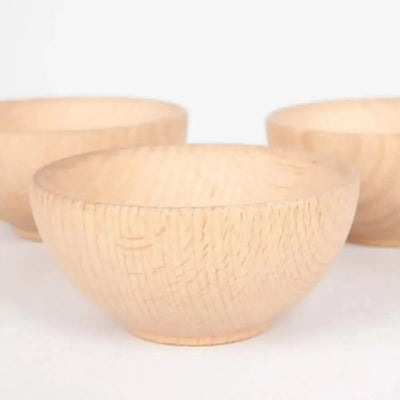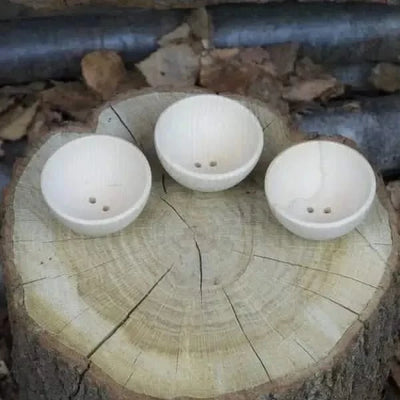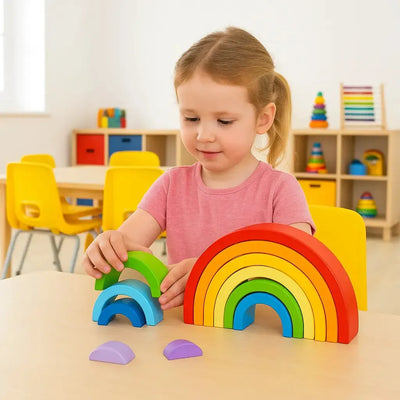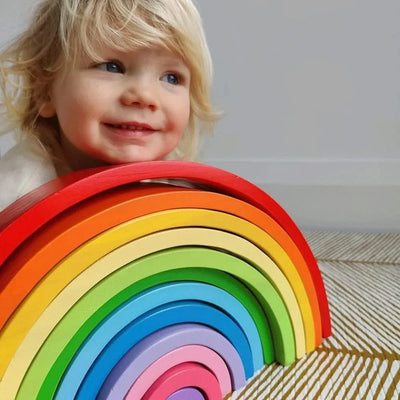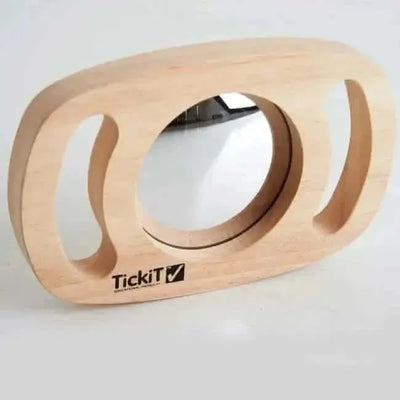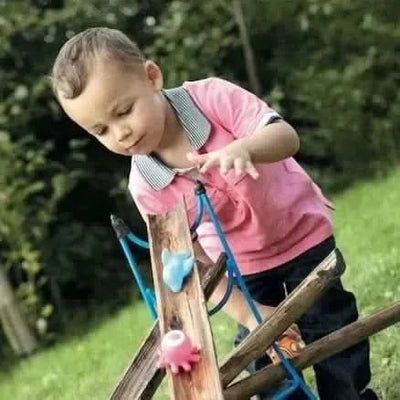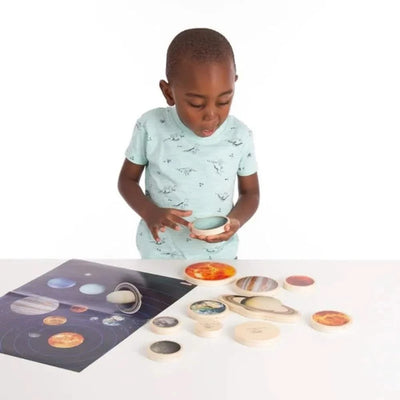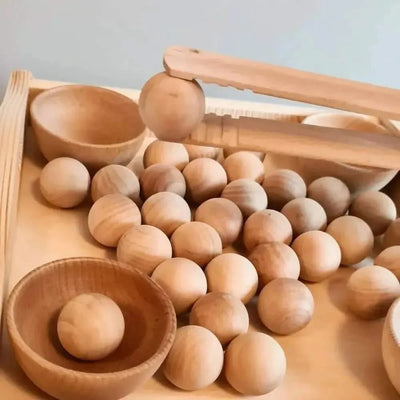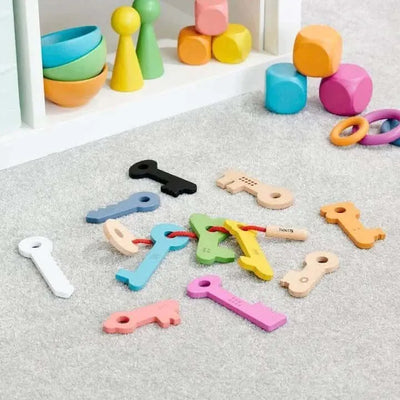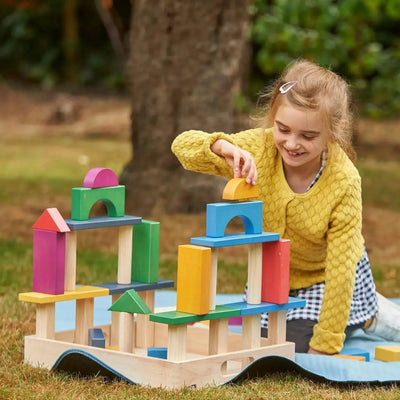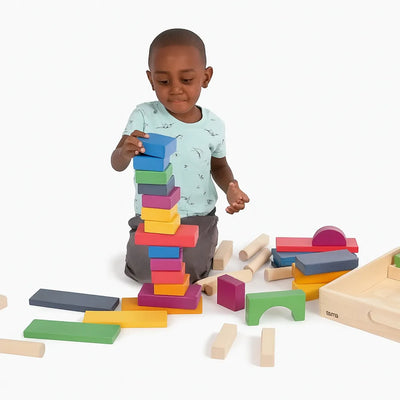Early Years Loose Parts Play
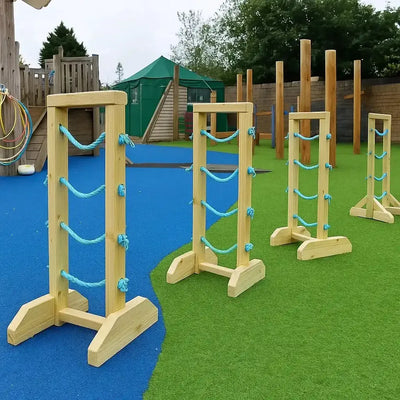
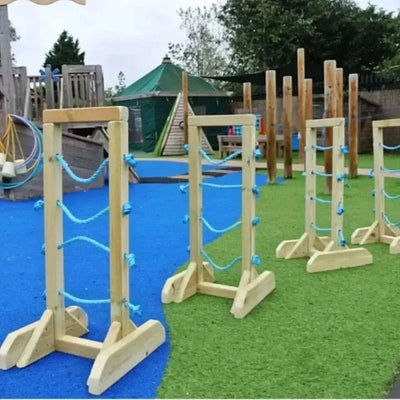
Wooden Channelling Stands
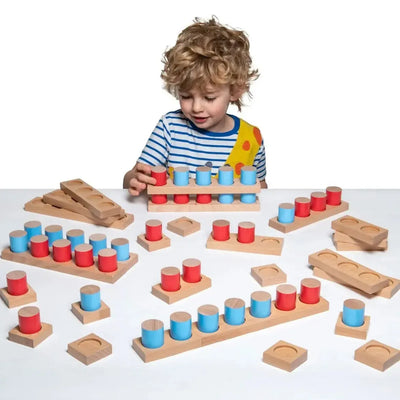
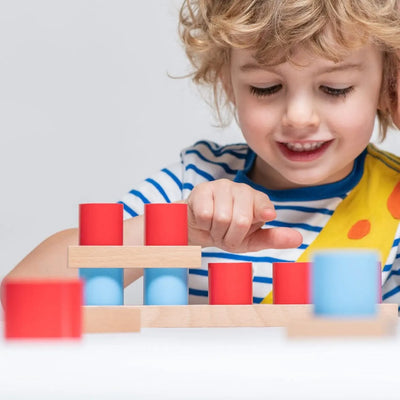
Wooden Counting Blocks
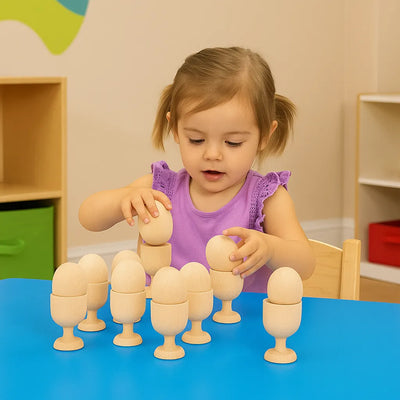
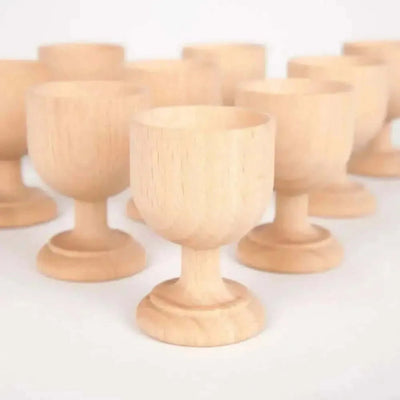
Wooden egg cups pack of 10

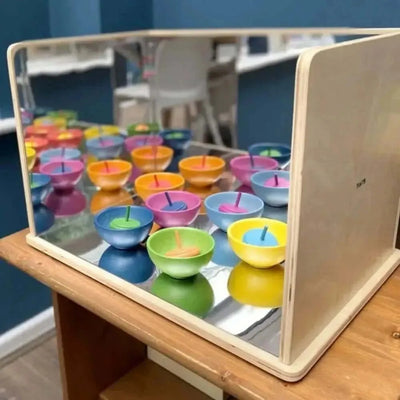
Wooden Exploratory Mirror
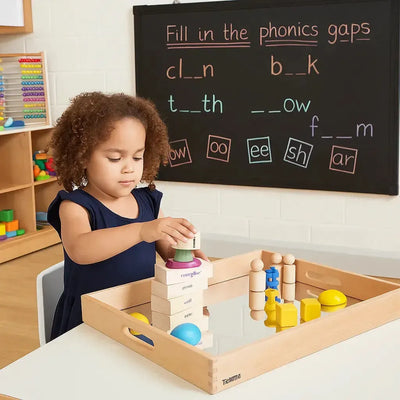
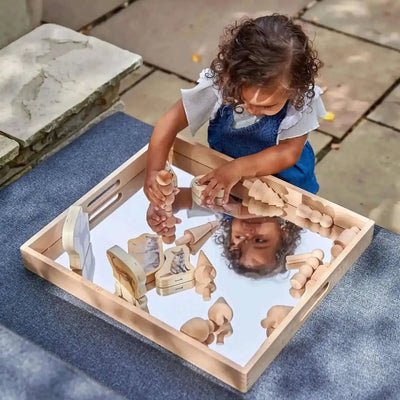
Wooden Mirror Tray
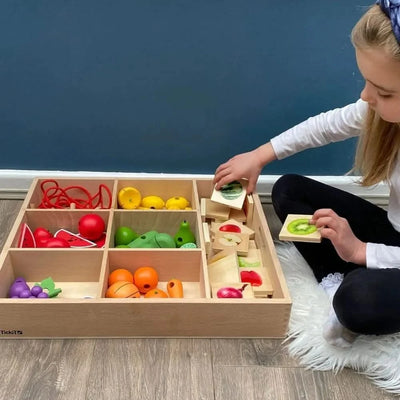

Wooden Sorting Tray 7 Way
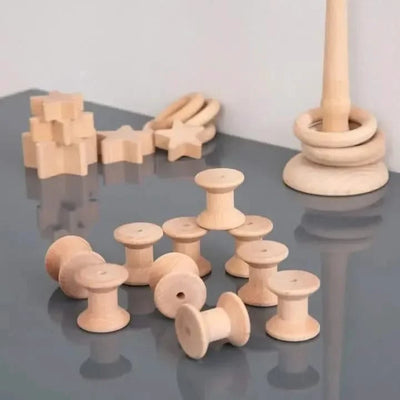
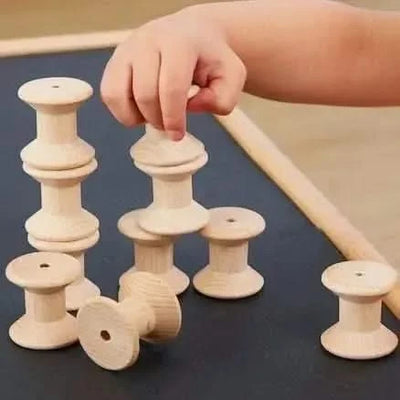
Wooden Spool Set 10pk
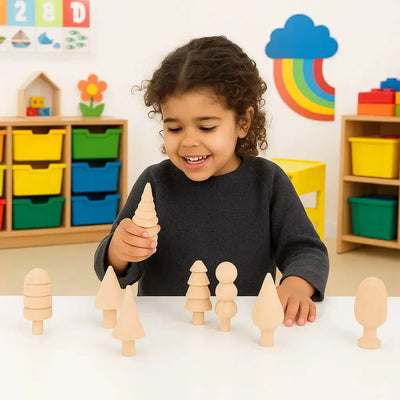
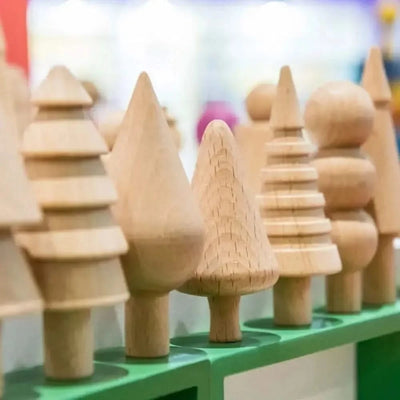
Woodland Trees Set - Pk10
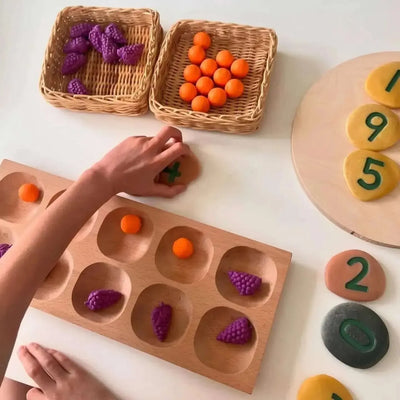
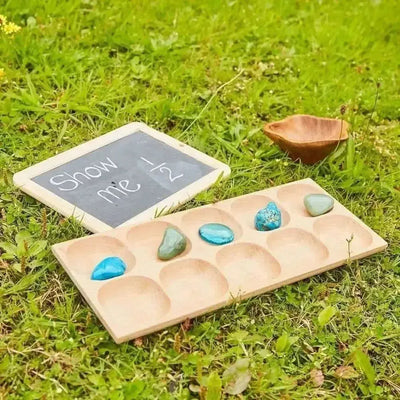
10 Frame Tray
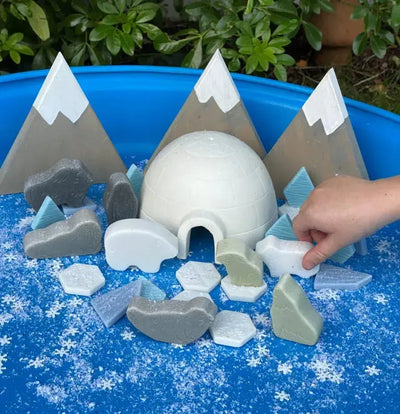
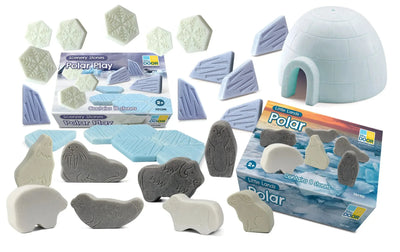
Polar Small World Play Kit
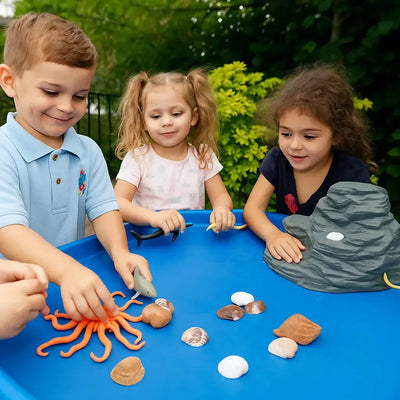
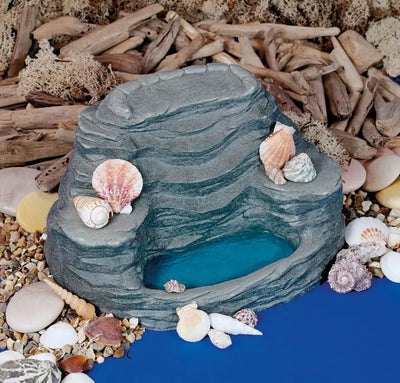
Large Play Waterfall
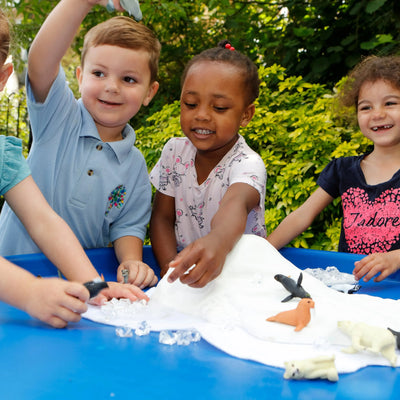
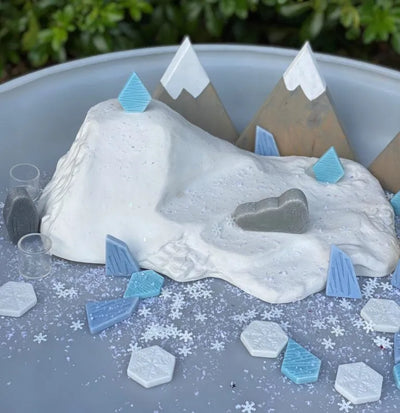
Large Play Iceberg
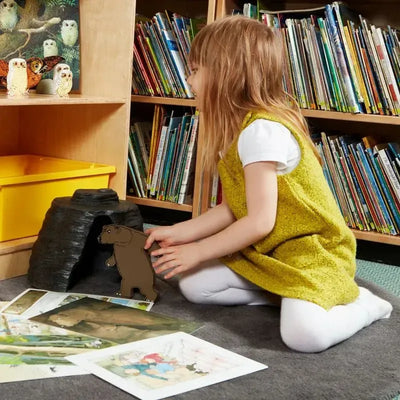
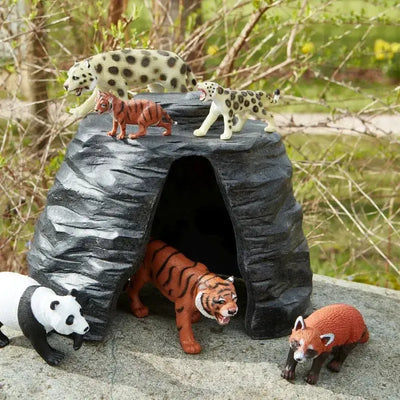
Large Play Cave
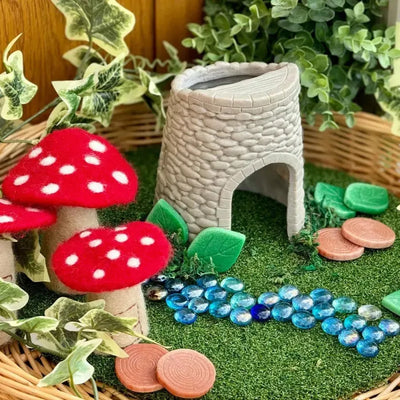
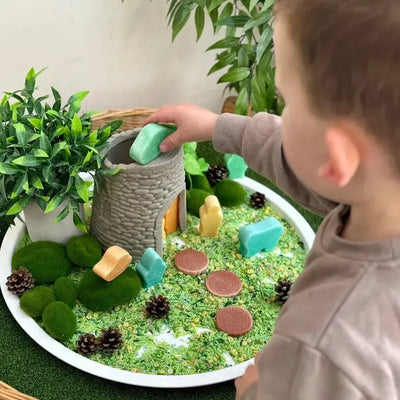
Play Stone Tower
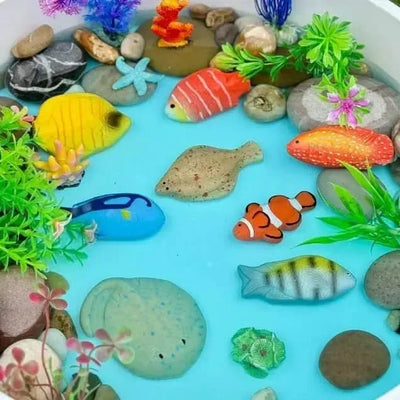

Sensory Play Stones Fish
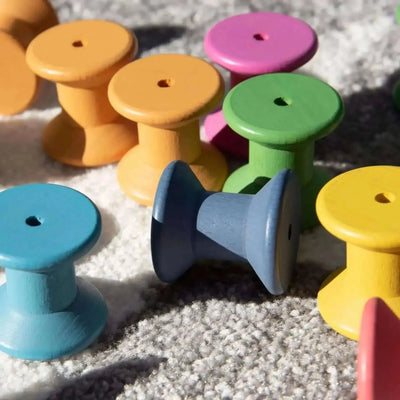
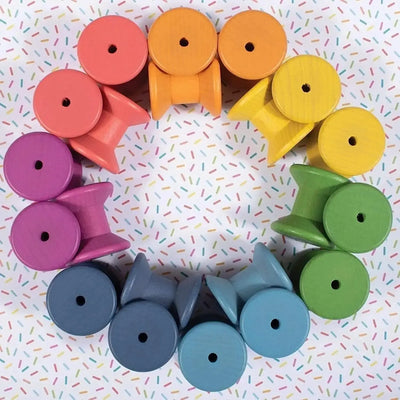
TickiT Rainbow Wooden Spools
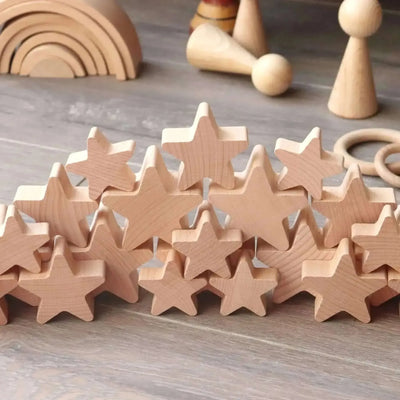
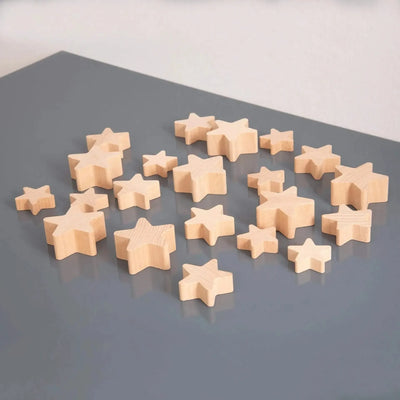
Natural Wooden Stars
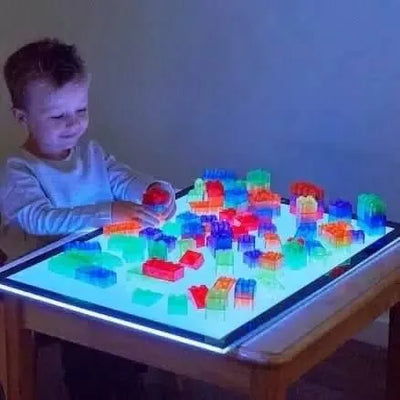
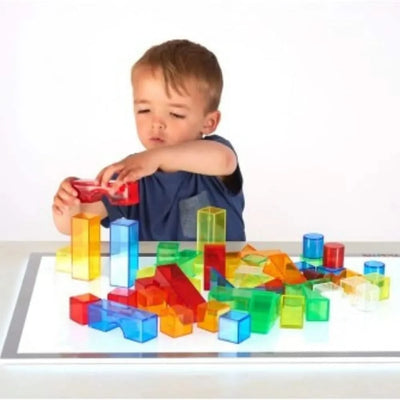
Translucent Colour Blocks
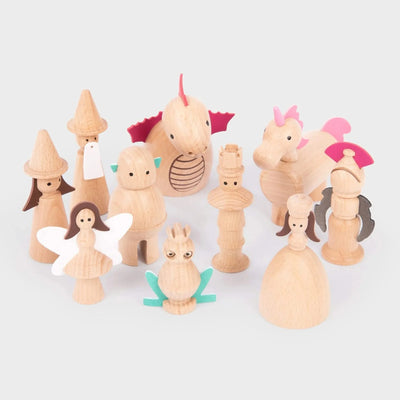
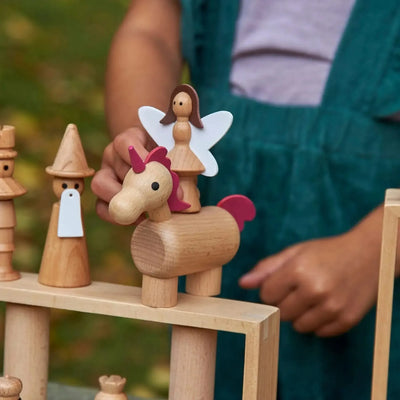
Wooden Enchanted Figures
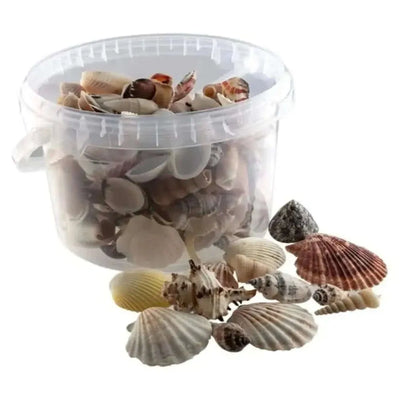
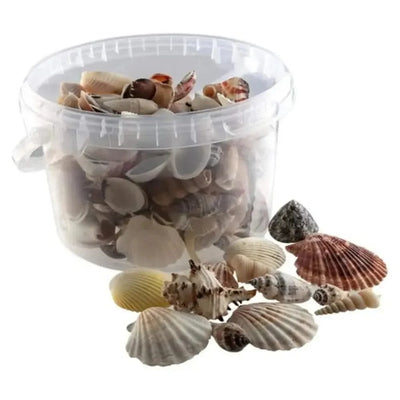
Bucket of Sea Shells
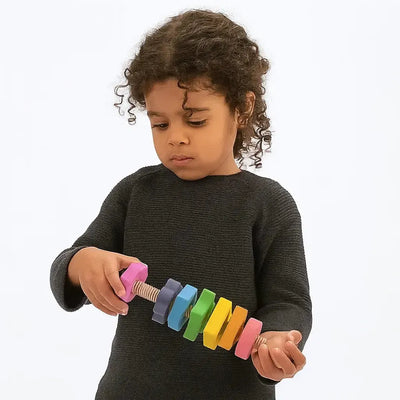
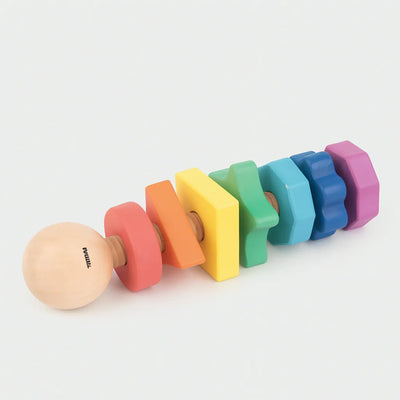
Rainbow Wooden Shape Twister
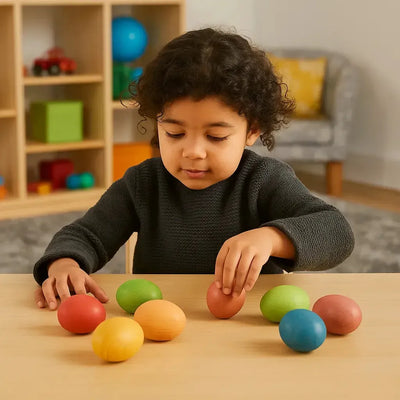
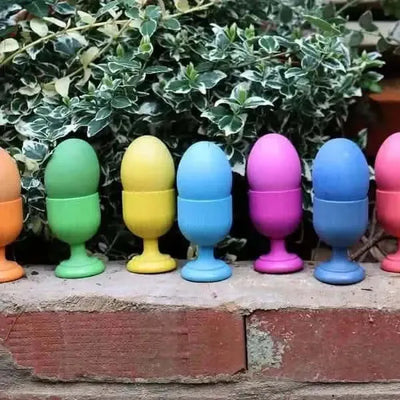
Rainbow Wooden Eggs
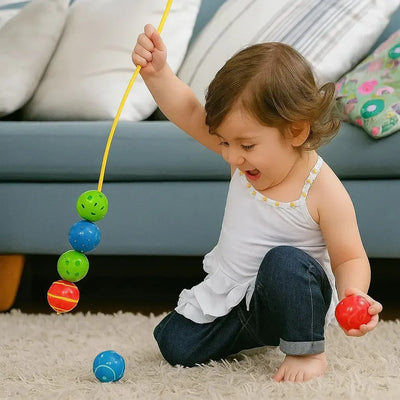
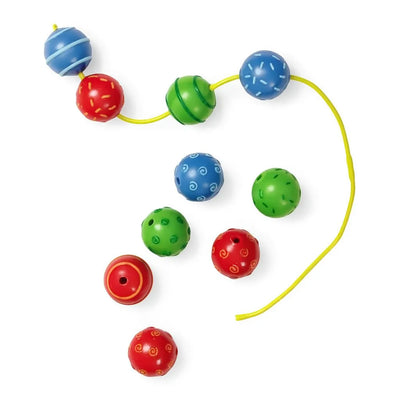
Edushape Baby Beads
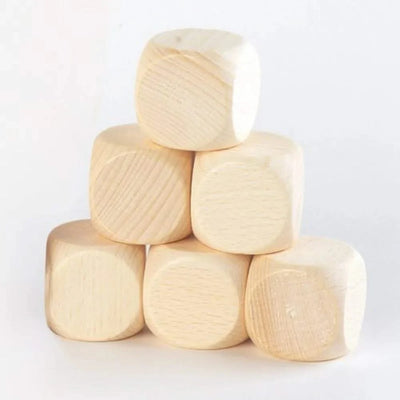
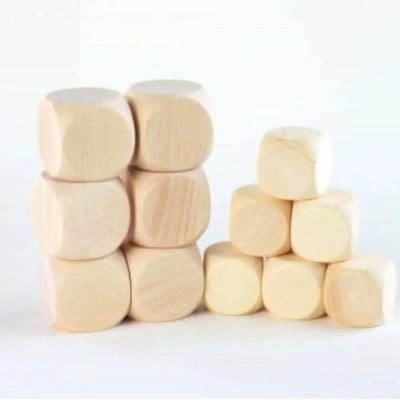
Wooden Cubes 40mm Pk6


Rainbow Blocks Pack of 24
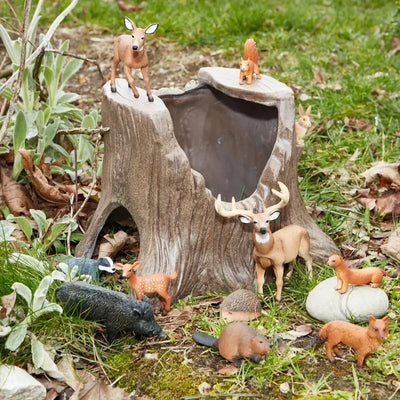
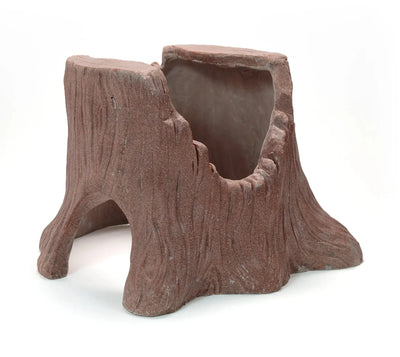
Large Play Tree Stump
Early Years Loose Parts Play
Early Years Loose Parts Play
Early Years Loose Parts Play fosters open-ended, imaginative play, encouraging children to explore, experiment, and create in ways that promote holistic development. This play approach uses materials—known as loose parts—that can be freely moved, combined, manipulated, and transformed by children, enabling limitless possibilities for learning and creativity.
The Freedom of Open-Ended Play
Loose parts play stands apart from traditional toys by offering children the autonomy to decide how to use the materials. With no predefined rules or instructions, children are free to construct, deconstruct, and reimagine, fostering critical thinking and original problem-solving. Whether it's creating a miniature world, designing intricate structures, or exploring cause-and-effect, children can follow their instincts and develop ideas organically.
Materials That Inspire
This play method incorporates a wide range of materials, often including:
- Natural objects: Stones, shells, sticks, pinecones.
- Recycled materials: Cardboard tubes, bottle caps, packaging.
- Textiles: Fabric scraps, ribbons, yarn.
- Everyday items: Wooden blocks, plastic containers, and beads.
The variety ensures that children have access to materials that inspire tactile exploration and creative problem-solving, supporting fine motor skills, spatial awareness, and coordination.
Skills for Holistic Development
Loose parts play doesn’t just ignite imagination—it cultivates essential skills. Children develop:
- Collaboration and communication: Sharing ideas and working together with peers.
- Critical thinking: Solving problems and testing hypotheses.
- Fine motor skills: Manipulating small objects with precision.
- Resilience and adaptability: Learning through trial and error and seeing mistakes as opportunities.
Diverse Learning Environments
Loose parts play can be seamlessly integrated into various settings:
- At home: As part of everyday playtime with household items.
- In early years settings: Preschools and nurseries benefit from loose parts to enhance group activities and sensory learning.
- In schools: Supporting STEM concepts and creative arts through hands-on exploration.
A Foundation for Lifelong Learning
By introducing loose parts play, educators and caregivers provide children with the tools to think critically, imagine freely, and engage in independent learning. These skills form the foundation for future academic and personal success, while also making playtime a fun and enriching experience.
Inspire Creativity with Loose Parts Play
Transform your home, school, or early years setting into a hub of innovation and discovery. Explore the endless possibilities of Early Years Loose Parts Play and watch children develop the skills, confidence, and curiosity that will last a lifetime.

